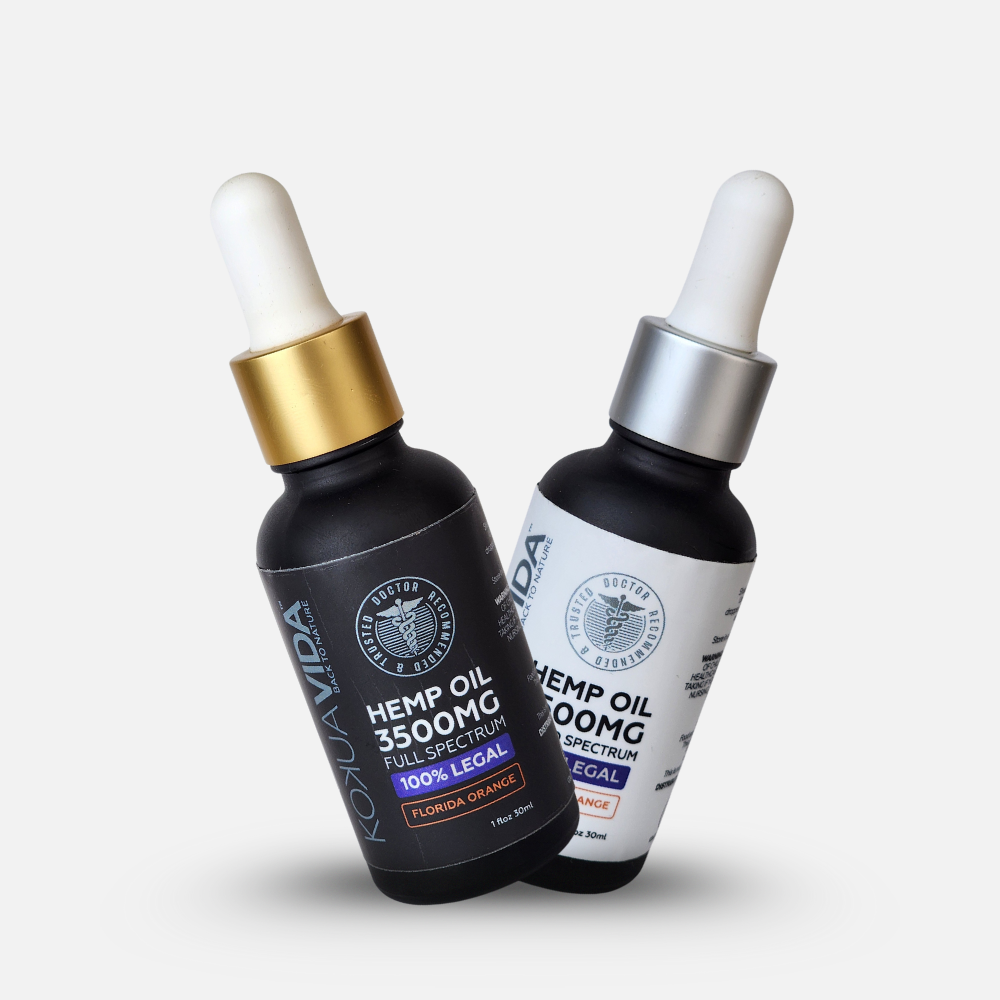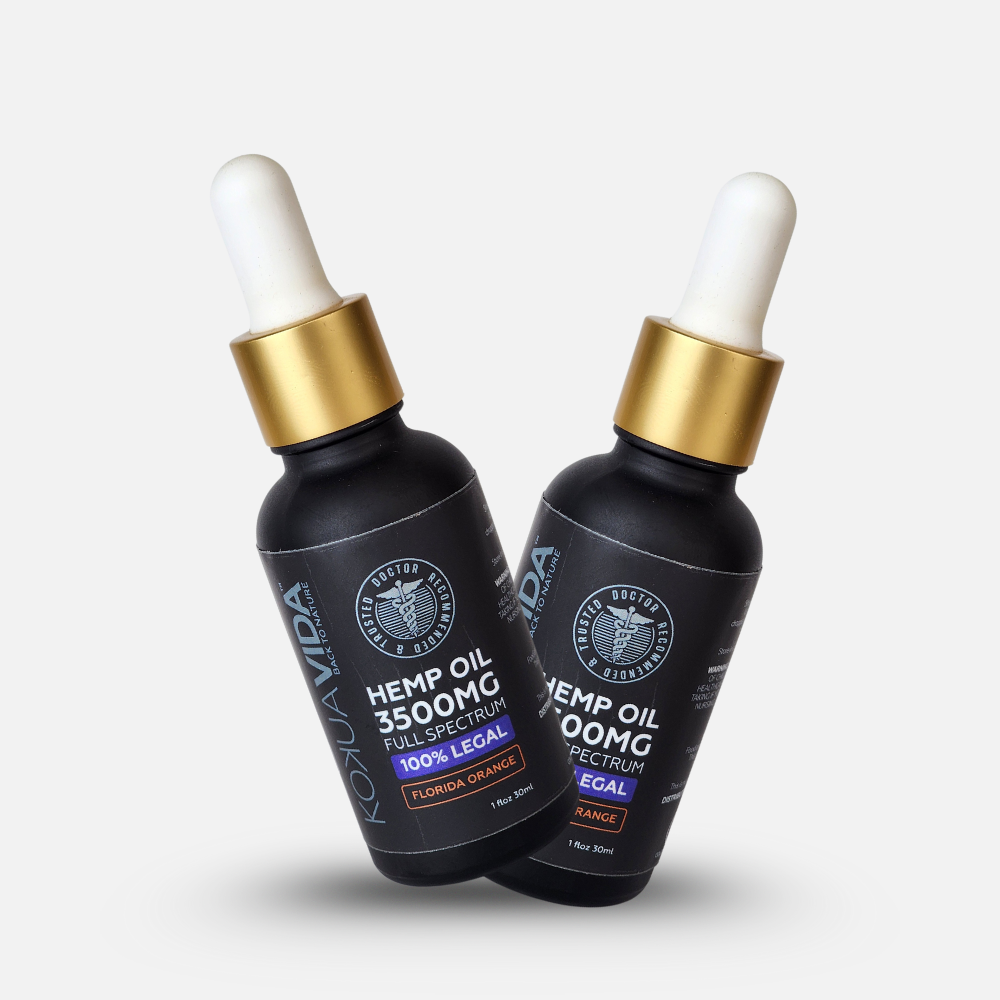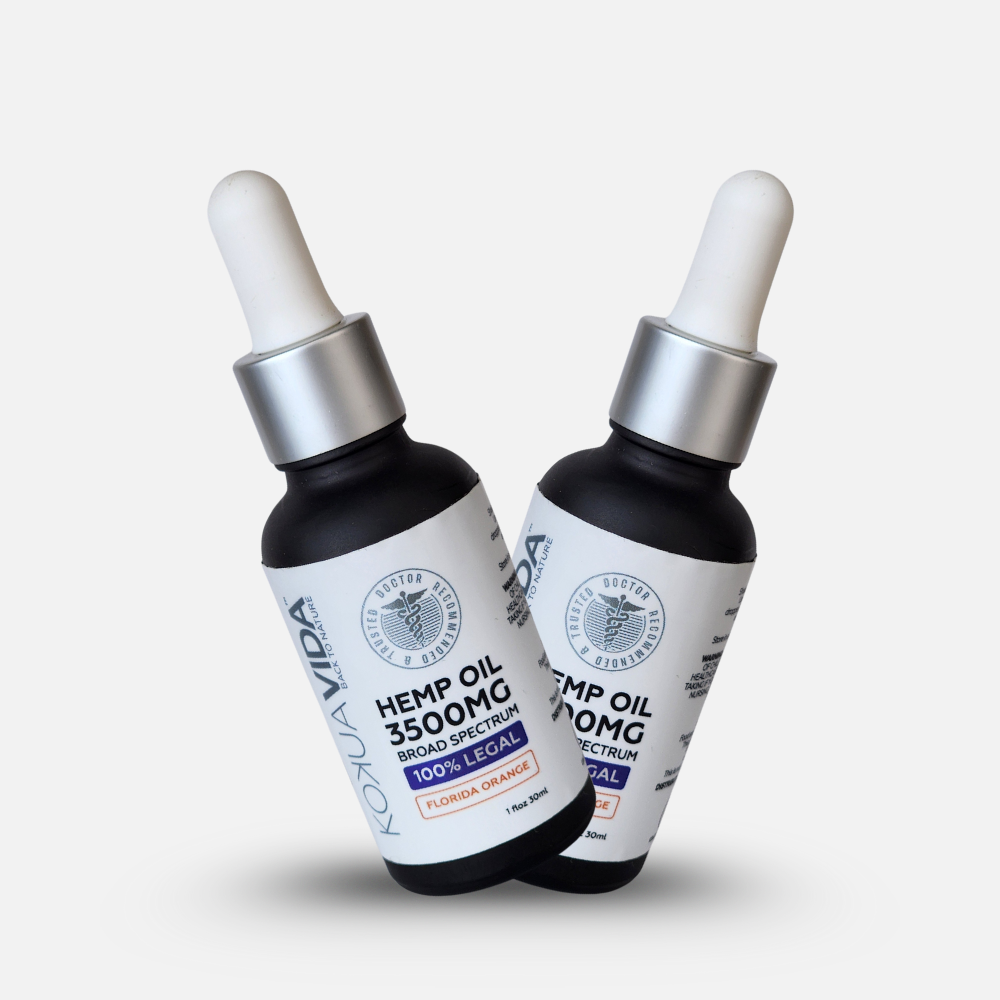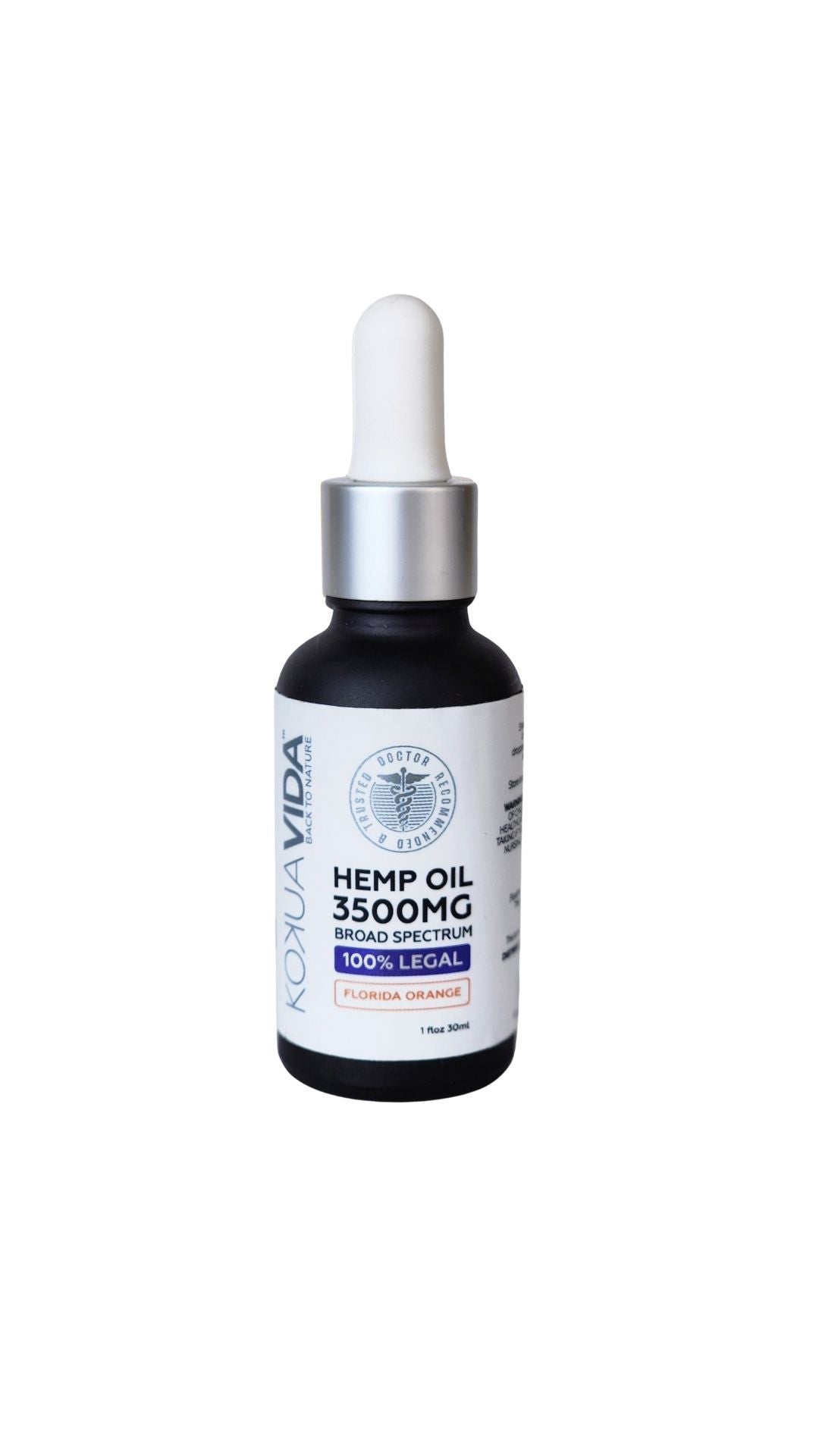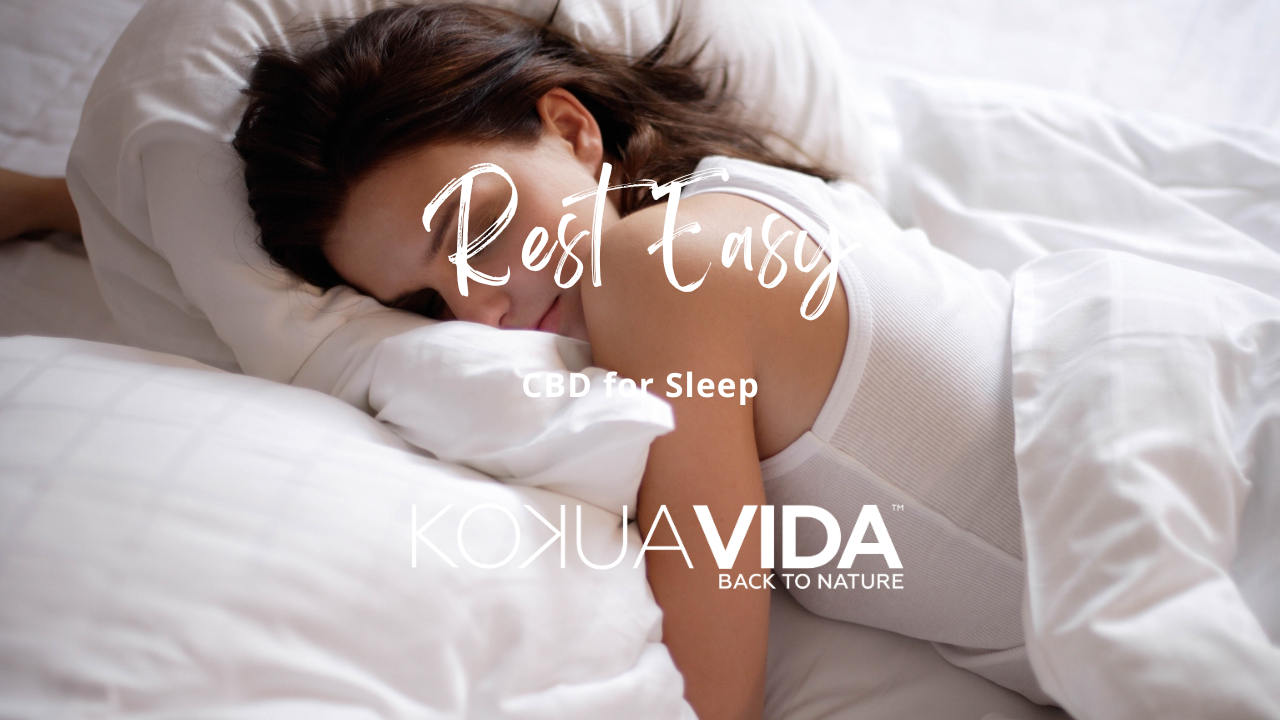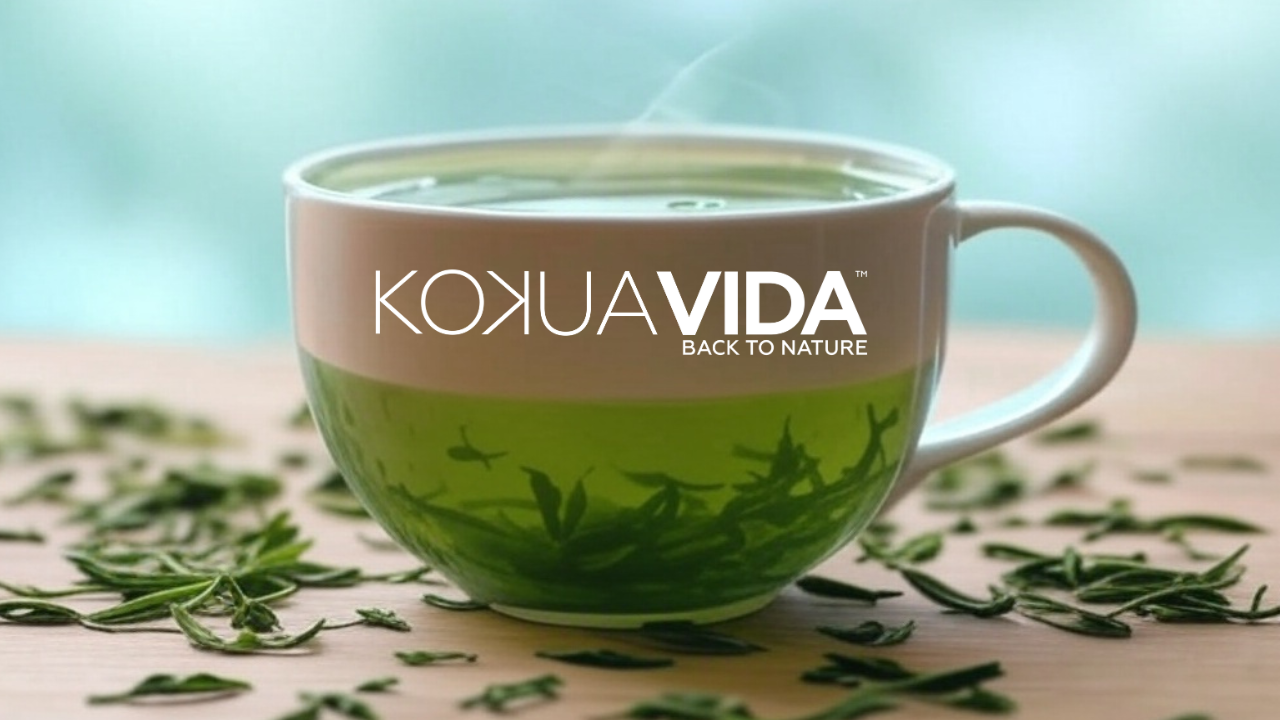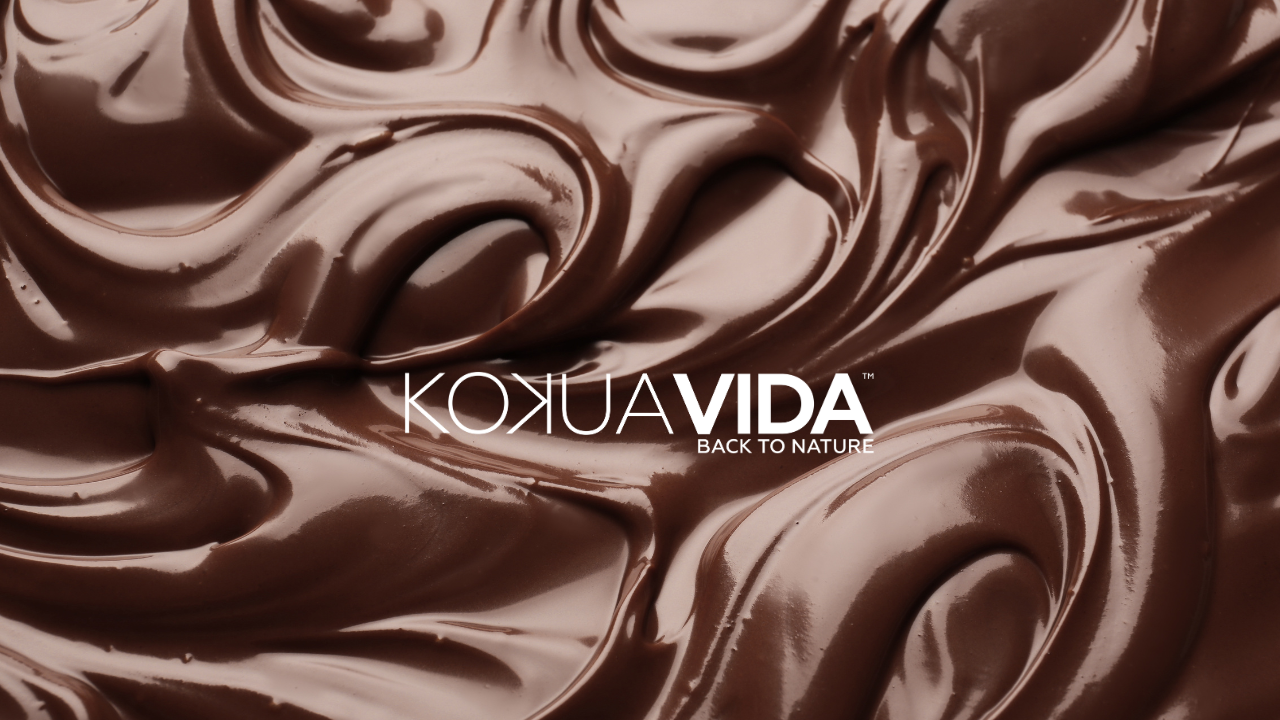
The Good, Bad, and Ugly of Chocolate: Is There Such a Thing as Healthy Chocolate?
Introduction
Chocolate, beloved by many, has long been a subject of fascination. From its rich and indulgent taste to its potential health benefits, there is no denying its allure. However, amidst the delight, there are also concerns about the negative effects of excessive consumption and the hidden dangers lurking within some chocolate products. Let’s explore the good, bad, and ugly of chocolate and determine whether there really is such a thing as healthy chocolate.
The Good: Health Benefits of Chocolate
Contrary to popular belief, chocolate—especially dark chocolate—offers several potential health benefits. It’s rich in polyphenols, specifically flavonoids, which act as antioxidants in the body. Moderate consumption of dark chocolate has been linked to:
Heart Health
-
Flavonoids in dark chocolate may help lower blood pressure, improve blood flow, and reduce the risk of heart disease.
Cognitive Function
-
Dark chocolate’s flavonoids have been associated with enhanced memory and focus, promoting better cognitive performance.
Mood Enhancement
-
Chocolate contains small amounts of phenylethylamine and serotonin, compounds known for improving mood and boosting feelings of happiness and pleasure.
Pro Tip: Look for dark chocolate with at least 70% cocoa content to maximize its health benefits while minimizing added sugars.
The Bad: Potential Drawbacks of Chocolate
While chocolate can offer health benefits, moderation is key. Overindulgence or poor-quality choices can have adverse effects, such as:
High Calorie Content
-
Milk chocolate and chocolate-based treats are often loaded with calories, added sugars, and unhealthy fats, which can lead to weight gain and related health issues.
Allergies and Sensitivities
-
Ingredients like milk, soy, or nuts present in some chocolates may trigger allergies or sensitivities. Always read labels to select options that suit your dietary needs.
Caffeine and Theobromine
-
Chocolate contains small amounts of caffeine and theobromine, stimulants that can cause adverse effects like increased heart rate or sleep disturbances, especially in sensitive individuals.
Quote: "Indulgence without awareness can turn a sweet treat into a sour experience."
The Ugly: Hidden Dangers
Not all chocolates are created equal. Commercially available chocolates may contain harmful additives, preservatives, or excessive sugars, diminishing their health benefits. Furthermore, unethical labor practices in the cocoa industry highlight the importance of:
-
Choosing fair trade-certified and ethically sourced chocolates to support sustainable and humane practices.
Pro Tip: Prioritize chocolates with clean labels, minimal ingredients, and ethical certifications for a guilt-free indulgence.
Conclusion
Chocolate is undoubtedly a delightful indulgence, but informed choices make all the difference. Dark chocolate, with its high cocoa content, offers numerous potential health benefits when enjoyed in moderation. However, be mindful of portion sizes and opt for high-quality, minimally processed chocolates to fully reap the advantages. By understanding the good, bad, and ugly of chocolate, you can savor this treat while prioritizing your health and ethical values.
Takeaway: Indulge responsibly and support sustainable practices to enjoy chocolate as both a delicious treat and a wellness ally.
